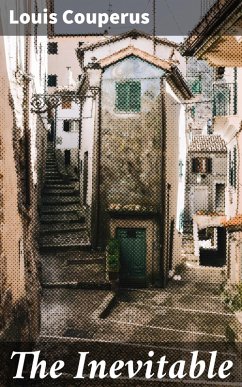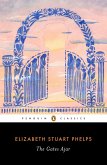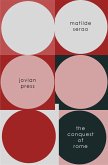In "The Inevitable," Dutch author Louis Couperus employs lyrical prose and rich symbolism to explore themes of fate, desire, and the inescapable passage of time. Set in the opulent world of late 19th-century Dutch society, the novel intricately weaves the lives of its characters, especially the central figure, a fragile poet named Sterre, whose emotional turmoil reflects the broader existential conflicts of her time. Couperus masterfully combines elements of naturalism and symbolism, immersing readers in a nuanced critique of societal norms and the existential dilemmas faced by individuals striving for authenticity in an unforgiving world. Louis Couperus, one of the prominent figures of Dutch literature, was deeply influenced by his experiences traveling across Europe and his exposure to various cultures, art movements, and philosophies. His works often reflect a fascination with the dualities of fate and free will, a theme that resonates throughout "The Inevitable." Couperus's keen observations of human nature, paired with his eloquent literary style, showcase his deep engagement with the philosophical currents of his time, making him a significant voice in European modernism. This book is highly recommended for readers interested in a profound exploration of human existence amidst societal confines. Couperus'Äôs thoughtful narrative not only captivates but also invites introspection, making it an essential read for those who appreciate literature that bridges personal and universal themes.
Dieser Download kann aus rechtlichen Gründen nur mit Rechnungsadresse in A, B, BG, CY, CZ, D, DK, EW, E, FIN, F, GR, H, IRL, I, LT, L, LR, M, NL, PL, P, R, S, SLO, SK ausgeliefert werden.









